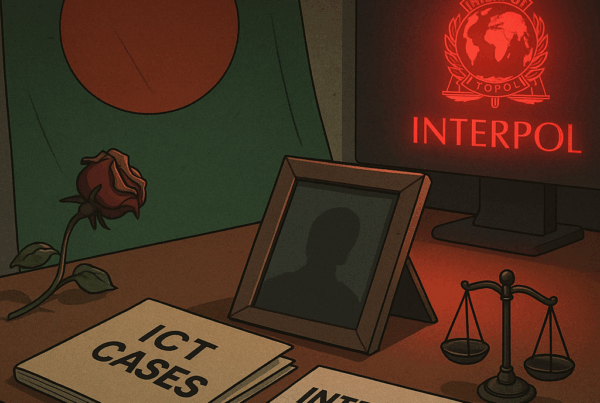Introduction
INTERPOL notices are critical tools in international law enforcement, aiding in the identification, location, and apprehension of suspects across borders. However, for those unfamiliar with the system, the issuance of an INTERPOL notice can be a source of confusion and concern. This article aims to demystify INTERPOL notices, providing clear insights into what they are, the different types, and their implications for individuals.
What are INTERPOL notices?
INTERPOL notices are international requests for cooperation or alerts allowing police in member countries to share critical crime-related information. Notices can be issued for various purposes, such as seeking the arrest or location of a person of interest, alerting authorities about threats, or identifying persons who cannot identify themselves.
Types of INTERPOL notices
- Red Notice: Requests the location and arrest of a person wanted for prosecution or to serve a sentence based on an arrest warrant from the issuing country.
- Blue Notice: Seeks information about a person’s identity, location, or activities in relation to a crime.
- Green Notice: Alerts about persons who have committed criminal offenses and are likely to repeat these crimes in other countries.
- Yellow Notice: Helps locate missing persons, especially minors, or to identify persons unable to identify themselves.
- Black Notice: Seeks information on unidentified bodies.
- Other notices include Orange (warns of an event, person, object, or process posing an imminent threat) and Purple (provides information on modus operandi, objects, devices, or concealment methods used by criminals).
Publication and review of INTERPOL notices
INTERPOL notices are published by the General Secretariat at the request of a member country’s National Central Bureau. Red Notices undergo pre-publication control mechanisms established by INTERPOL’s General Secretariat in 2016. This process is designed to ensure that Red Notices comply with INTERPOL standards.
Implications for individuals
Being the subject of an INTERPOL notice, particularly a Red Notice, can significantly impact an individual’s freedom of movement, reputation and presumption of innocence. It may lead to detention, extradition, or other legal actions in member countries. Understanding one’s rights and the legal avenues available to challenge a notice is crucial.
Challenging an INTERPOL notice
Individuals who believe they have been wrongfully issued an INTERPOL notice can challenge it before the Commission for the Control of INTERPOL’s Files (CCF). The CCF is an independent body that reviews cases to ensure that the processing of information in INTERPOL’s files complies with the organization’s regulations and international standards. To initiate a challenge, individuals must submit a request to the CCF, outlining the reasons why the notice does not comply with INTERPOL’s rules or violates their rights.
Conclusion
The complexities of INTERPOL notices requires a nuanced understanding of international law and the INTERPOL framework. If you find yourself or someone you know subject to an INTERPOL notice, it’s vital to seek specialized legal advice. At Otherside, we provide expert support to challenge INTERPOL notices, ensuring your rights are protected at every step.





